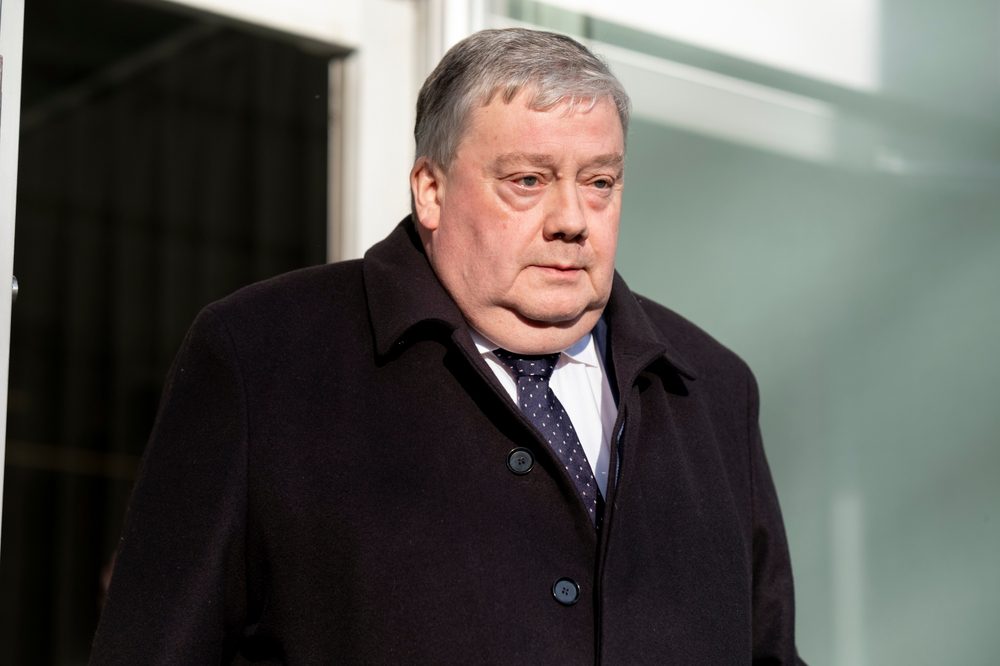
Belgian police arrested socialist politician Marc Tarabella at his residence Friday morning, February 10th, various Belgian media reports.
The arrest is part of the continued investigation into the bribery scandal which has cast an unflattering light on the European Parliament since last December. The prosecutor’s office informed the media that Tarabella would be questioned that same morning, after which an investigating judge would consider further legal action.
A series of raids in other parts of the country coincided with Tarabella’s arrest. In Anthisnes, Belgium, where he is still mayor, several offices were searched, while authorities also searched a safe deposit box of Tarabella’s at a bank in Liège.
After having been implicated by one of the suspected key players in the scandal, former Italian MEP Pier Antonio Panzeri, Marc Tarabella’s name, together with others, became synonymous with what was later termed ‘Qatargate.’
In exchange for a reduction of his sentence, Panzeri has been assisting the Belgian judiciary with its investigation. Panzeri is said to have already confessed to having given over €120,000 to Tarabella, an allegation Tarabella has thus far denied.
Before the scandal broke, Tarabella was vice president of the European Parliament’s delegation for relations with the Arab Peninsula, which includes Qatar. Tarabella was known to take a favorable view of the country, which was—and still is—much criticized for its poor record on human rights as well as workers’ rights.
In a piece in Politico published one day before the football World Cup kicked off on 20 November 2022, Tarabella said that thanks to the World Cup, Qatar (the organizing country) had become “a good example to follow for the other countries in the neighborhood.”
In late 2022, it was revealed that Qatar and Morocco were attempting to ingratiate themselves with members of the European Parliament with the goal of influencing its decision-making. For this purpose, several parliamentarians had allegedly been presented with large sums of money as well as lavish gifts.
Last month, at the request of Belgian authorities, the European Parliament’s President Roberta Metsola began proceedings to lift the immunity of Tarabella and Italian parliamentarian Andrea Cozzolino (also a member of PES), who was also allegedly involved. His home in Ixelles, Belgium, was searched last Friday morning.
Last week, as The European Conservative reported, the European Parliament formally approved the move. Earlier, both the PES group and their own national parties—the Parti Socialiste (PS) for Tarabella and the Partido Democrático (PD) for Cozzolino—had suspended the two.
While both MPs have repeatedly declared their innocence, neither had protested the lifting of their immunity. Tarabella previously said he was willing to cooperate with the investigation and would not make any statements concerning the investigation to the press.
In the aftermath of the revelations, Brussels started mulling possible measures to counteract new corruption cases from arising. For that purpose, in January, president Metsola—who since then has come under scrutiny herself for being a willing recipient of ‘gifts’ not properly disclosed—presented a 14-point plan.
The plan comprises such proposals as a “cooling off period” for former MEPs who want to transition to the lobbying sector; an obligation to make meetings with third parties public; and a ban on so-called ‘friendship groups’ with foreign states.
